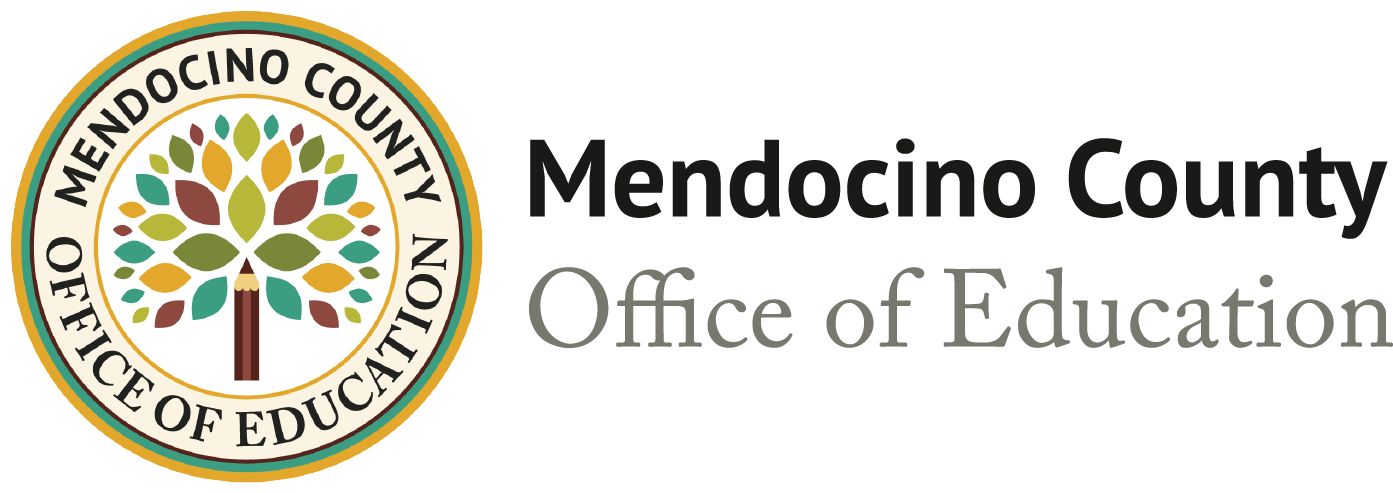
Ethnic Studies
Preparing students for a diverse and inclusive future.
Beginning with the graduating class of 2029-30, all California high school students must complete a semester-long course in ethnic studies to earn a high school diploma. To meet this mandate, high schools must start to offer courses starting in the 2025-26 school year.
The following eight essential outcomes for ethnic studies teaching and learning are offered to assist with K–12 implementation of ethnic studies:
- Pursuit of justice and equity
- Working toward greater inclusivity
- Furthering self- understanding
- Developing a better understanding of others
- Recognizing intersectionality
- Promoting self-empowerment for civic engagement
- Supporting a community focus
- Developing interpersonal communication
Ethnic studies…
- Is an interdisciplinary field: history, literature, economics, sociology, anthropology, and political science
- Is the the study of race, ethnicity, and Indigeneity, with an emphasis on the experiences of people of color in the United States
- Grapples with the various power structures and forms of oppression that continue to have social, emotional, cultural, economic, and political impacts
- Highlights contributions to many areas of government, politics, the arts, medicine, economics, and others, made by people of color
Curriculum & Instruction
Services
- Professional Learning
- Coaching for educators
- Curriculum review, piloting, adoption and implementation support
- Thought partnership or support for Site Leaders
Resources
- Ethnic Studies Model Curriculum - Curriculum Frameworks & Instructional Materials (CA Dept of Education)

This site provides information using PDF, visit this link to download the Adobe Acrobat Reader DC software.


